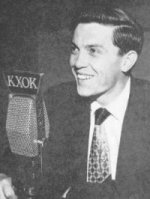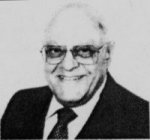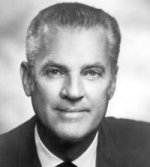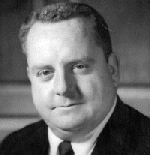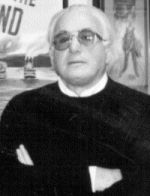Radio HOF
Charles, Nick
Nick Charles – 2004
Nick Charles was a recording artist on the Stax label when he was a disc jockey in Memphis. He joined KXOK in St. Louis in 1962 and brought with him a knowledge of the record and concert business.
Many credit him with being an integral part of the promotion team that brought the Beatles to town August 21, 1966.
During his 21 year tenure as a KXOK jock, Charles stayed connected to the black music scene. He started his own label, Arch Records, and is remembered for his many personal appearances for “hops” at Club Imperial.
Nick had a large following in the Illinois part of the market because of his Shindig appearances at Belleville’s Panarama Bowling Lanes.
His easygoing approach as a disc jockey made him a perfect fit for the KXOK overnight slot, which he held for many years, and he also served as the AFTRA shop steward at the station.
